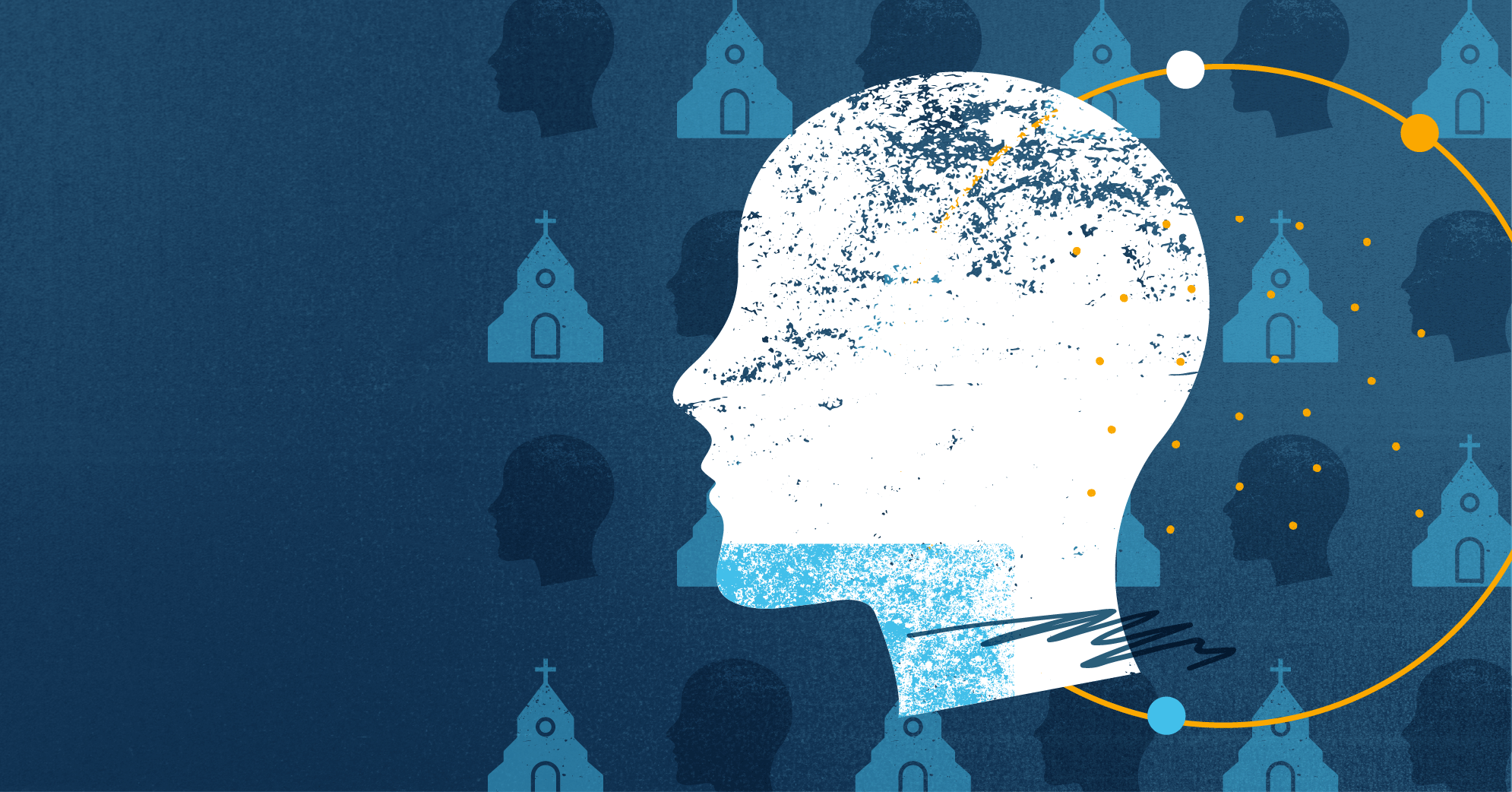Mental Health Matters: Why Behavioral Health Capabilities Could Be Your Best Outreach Strategy
In our communities, there is a huge need: mental health, addiction, and other emotional issues that leave people feeling isolated, lonely, and disconnected. Many are searching for help with issues such as loneliness, anxiety, depression, and grief/loss. The suicide rate is at record highs, overdose statistics are on the rise, and more and more people are suffering from anxiety and stress. Here, we explore what it means to be a Behaviorial Health (BH) Ready Church, and how to leverage behavioral health readiness to enhance outreach.
You're Not Alone
- 21% of U.S. adults experienced mental illness in 2020 (52.9 million people). This represents 1 in 5 adults.
- 5.6% of U.S. adults experienced serious mental illness in 2020 (14.2 million people). This represents 1 in 20 adults.
- 16.5% of U.S. youth aged 6-17 experienced a mental health disorder in 2016 (7.7 million people).
- 6.7% of U.S. adults experienced a co-occurring substance use disorder and mental illness in 2020 (17 million people).
- Suicide is the 2nd leading cause of death among people aged 10-34.
- Substance use disorders and addiction are the leading cause of preventable death.
Today, churches are less visible as sources of healing and care for those with mental health issues. The majority of people (70+%) turn to their pastor for help with mental health or addiction problems, but most faith leaders aren't equipped to help. Many church leaders don't even know where to refer someone with mental health or substance abuse problems.
The Church's Reach
But, the Church has tremendous reach in this country. In fact, there are more than 300,000 churches across America. Historically, people have been more likely to seek out a pastor, priest, or rabbi first when in emotional or mental distress, regardless of their faith background. Statistics show that 1 in 4 individuals seeking treatment for mental illness seek help from faith leaders prior to contacting a clinical professional.
You can be the one to answer this call. You, your coaches, and your church's metal health ministry can serve the community in a more robust way.
"Without question, mental health has become front and center as one of the most significant mission fields for the Church for the foreseeable future.” —Dr. Tim Clinton, President, American Association of Christian Counselors (AACC)
By preparing your coaches to address the behavioral health pandemic we’re in, you can answer a huge need in your own community. This is an opportunity for churches to lead the way and help erase the silence, shame, and stigma of emotional suffering by meeting people at their greatest point of need.
With a sincere desire to serve into this mission field, with a coordinated and cooperative approach, and if adequately prepared and equipped, the Church could provide a massive and positive response to these very pressing needs expressed among church leadership, in the pews, and in our communities.
Get Equipped to Serve
If you are a church with a mental health ministry or want to become one, you can grow your impact in your community by making this known, inviting more to participate and equipping yourself to serve this mission field.
Gloo is partnering with the AACC to help equipped churches reach more people in their communities who need mental and behavioral health support. By partnering with Gloo, AACC is able to offer their training to more churches and connect those churches with the people in their communities who are in need of counsel from a trusted source. While the AACC equips churches with the training they need to confidently address the needs of their people, Gloo gives those churches the tools they need to reach those in need of their guidance.
People want a church that understands them, supports them, and offers them solace in spite of their troubles. Advertising yourself as a church that is ready to support people’s mental health struggles will not only revitalize your church for a new generation: it will let people know that you are a safe space for them to come to for support.
A Stronger Outreach Strategy
So how does a Church leverage its behavioral health readiness to enhance its outreach, serve more people, and become a strong partner with the community to address its mental health challenges? How do you get your message out there about your church's behavioral and mental health services? Download our free eBook to get your church Behavioral-Health-Ready and boost your digital outreach today.
